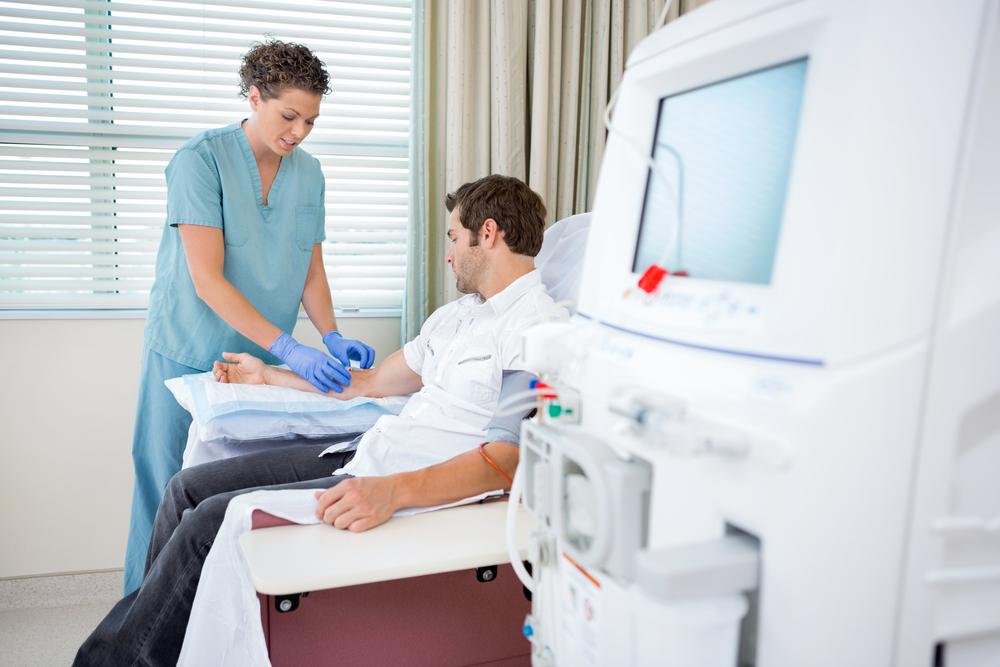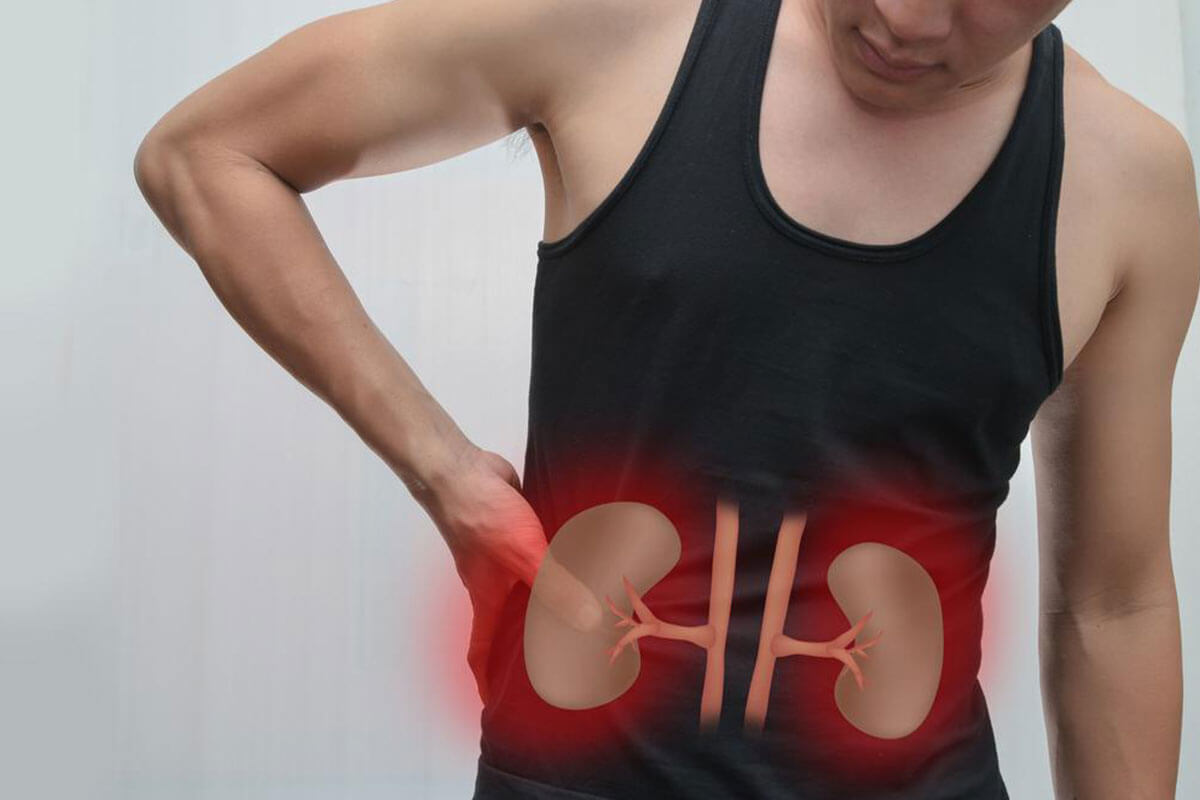Key Insights into Kidney Cancer: Causes and Symptoms
This article provides a comprehensive overview of kidney cancer, detailing its causes, common symptoms like hematuria and back pain, and risk factors including smoking, age, and obesity. Recognizing early signs such as blood in urine and persistent pain can aid early diagnosis and improve treatment success. Understanding these indicators encourages prompt medical consultation, crucial for effective management of the disease.
Sponsored

Understanding what leads to and indicates kidney cancer
Kidney cancer, also known as renal carcinoma, occurs when kidney cells grow uncontrollably. Detecting this disease early can be challenging, as initial symptoms are often absent. As the tumor develops, common signs become noticeable. Recognizing these symptoms can facilitate timely diagnosis and treatment. Below, we explore the main causes and symptoms associated with kidney cancer.
Factors that may increase the risk of developing kidney cancer

While the exact origins of kidney cancer remain uncertain, several risk factors significantly contribute to its onset. These include:
Tobacco use
Both cigarette and cigar smoking increase the likelihood of kidney cancer. Regular smokers are approximately twice as prone to develop the disease compared to non-smokers.
Age
The risk of kidney cancer rises with age, especially in men. Men are twice as susceptible as women to developing renal cancer.
Obesity
Overweight individuals are at heightened risk compared to those maintaining a healthy weight.
Genetic factors
A family history of kidney cancer can elevate one's susceptibility.
What does hematuria indicate?
Hematuria, or blood in the urine, is a common sign affecting roughly 40-50% of kidney cancer patients.
This symptom may be detected by a change in urine color, turning pink, brown, or red due to blood presence.
In some cases, the blood quantity is so minimal that it can only be identified through lab tests.
Connection between lower back pain and kidney cancer
Persistent lower back pain can be an advanced symptom of kidney cancer, especially in later stages.
Approximately 41% of patients report intense flank pain, typically described as a sharp, stabbing sensation below the ribs and above the pelvis.
This pain often lasts several days and doesn't resolve quickly.
Can anemia indicate kidney cancer?
Yes, anemia is frequently observed in kidney cancer patients.
Studies suggest that about 21% experience anemia or low red blood cell counts.
The kidneys help regulate red blood cell production; cancer impairs this function, leading to fatigue and weakness.
Patients may notice constant tiredness, making daily activities difficult.
Awareness of these signs is crucial for early detection. If symptoms such as blood in urine, persistent back pain, or fatigue occur, seeking medical advice promptly can improve treatment outcomes. Early diagnosis and intervention are vital.
Tags: kidney cancer symptoms, early detection, renal carcinoma, signs of kidney disease, kidney health






